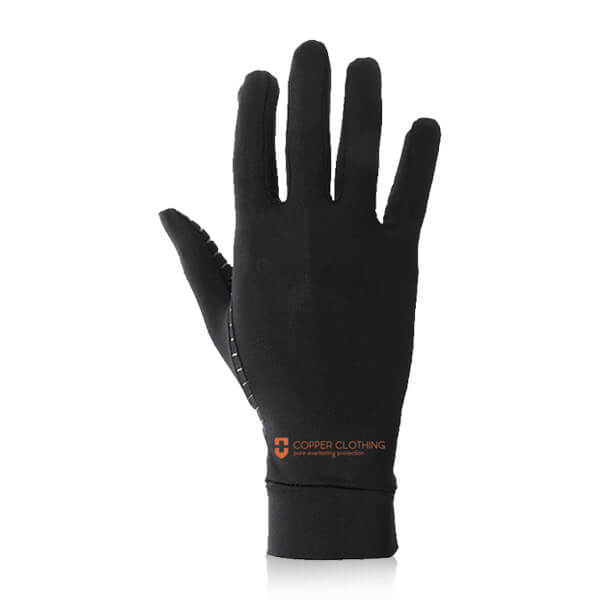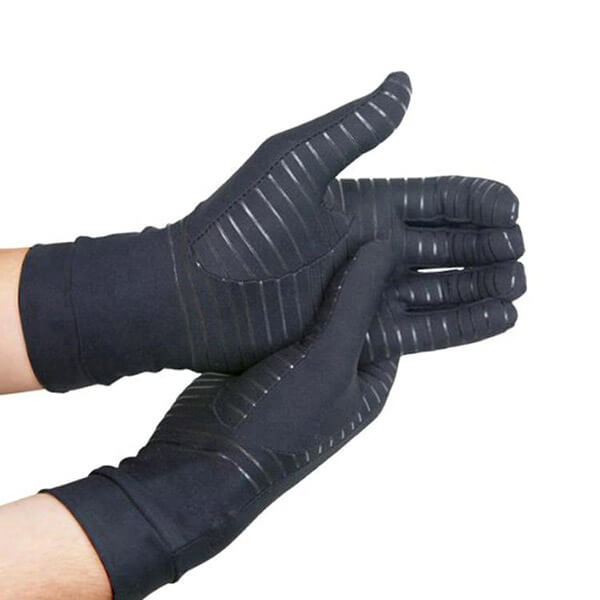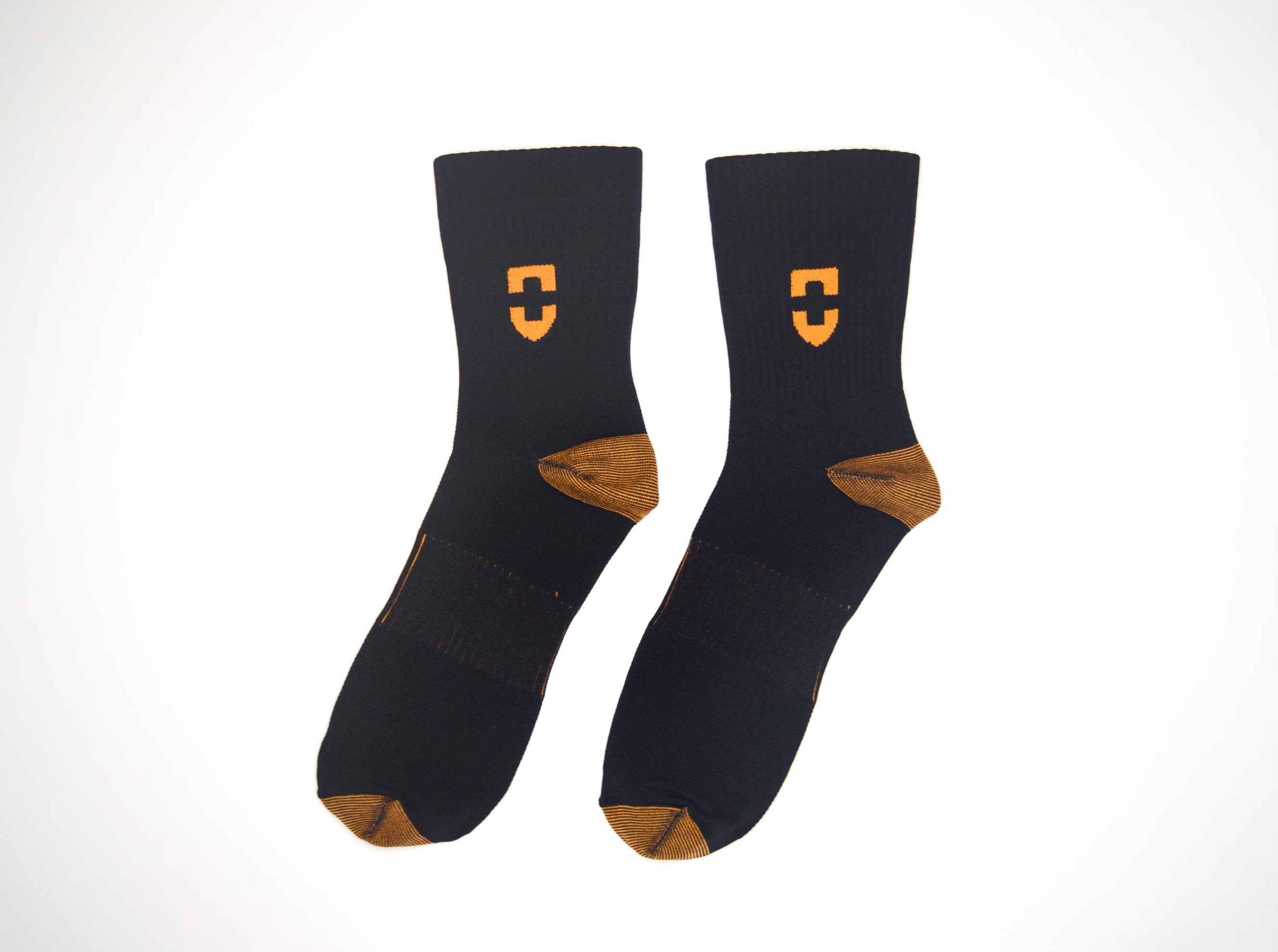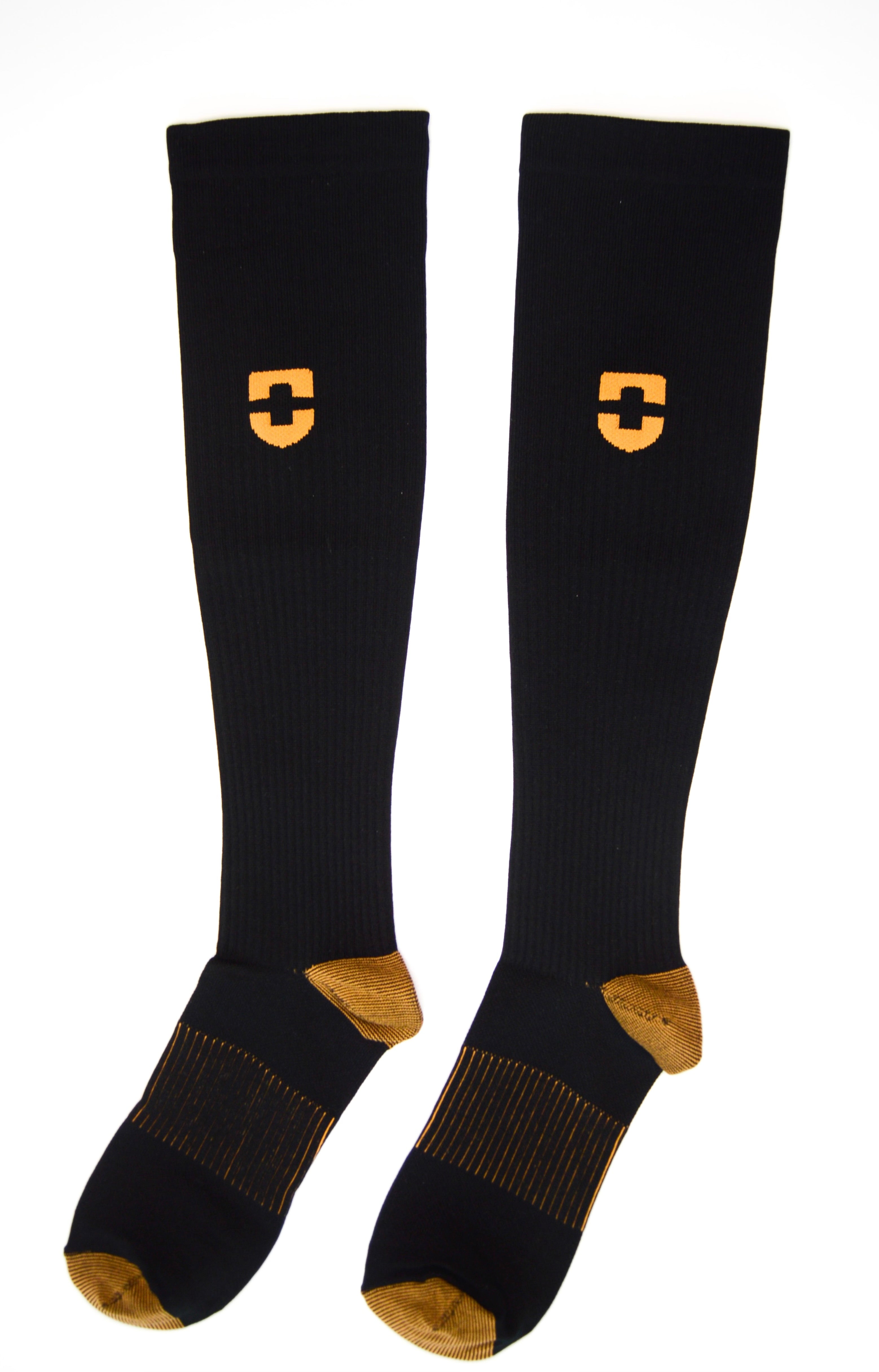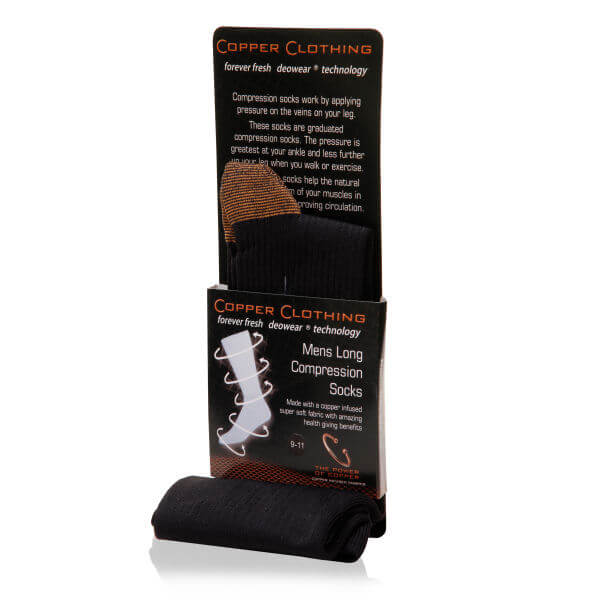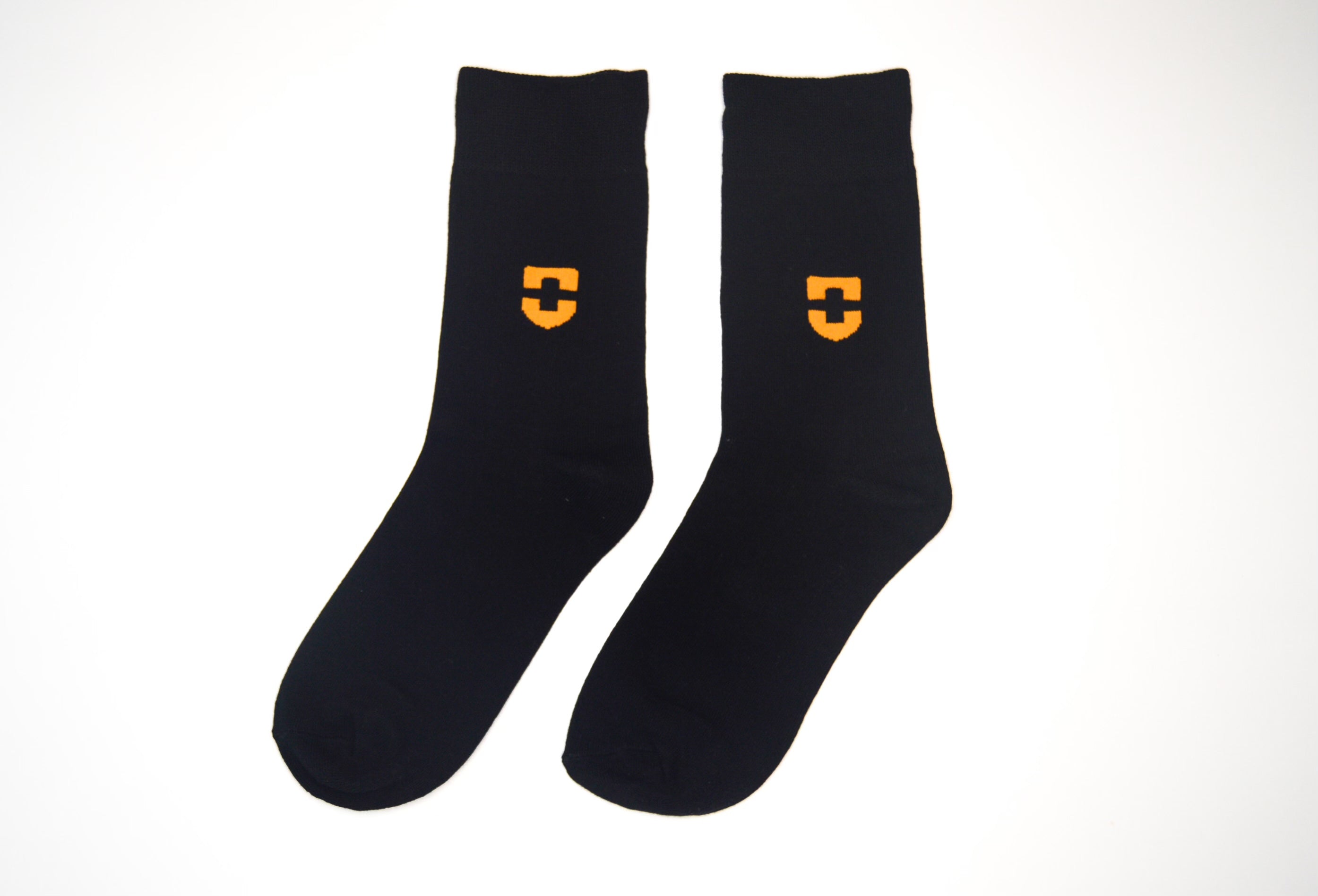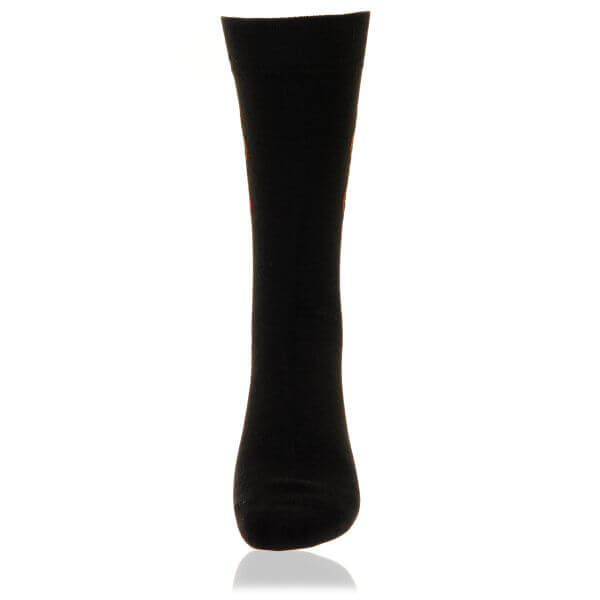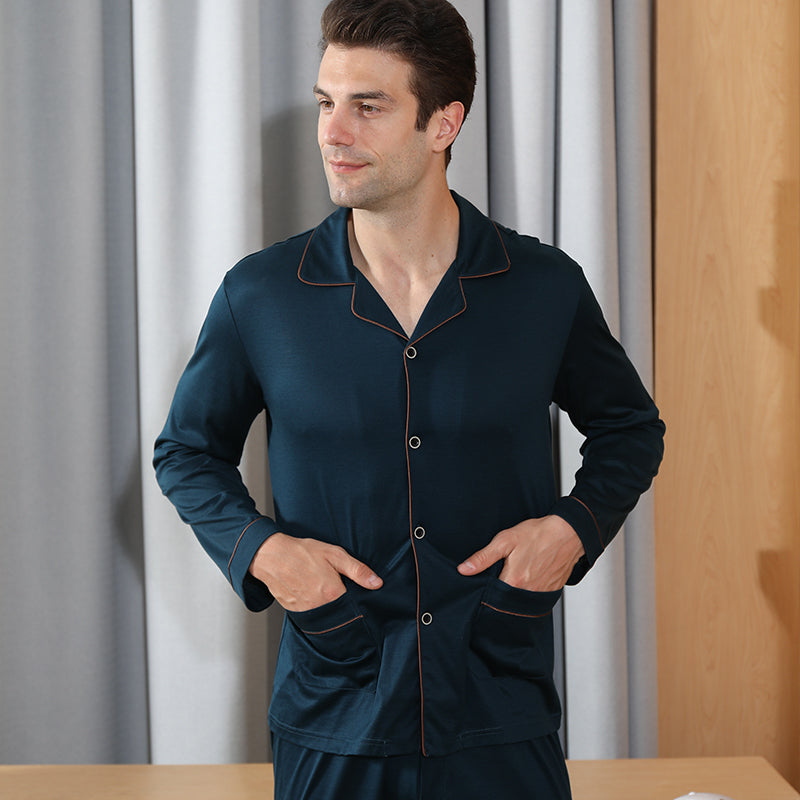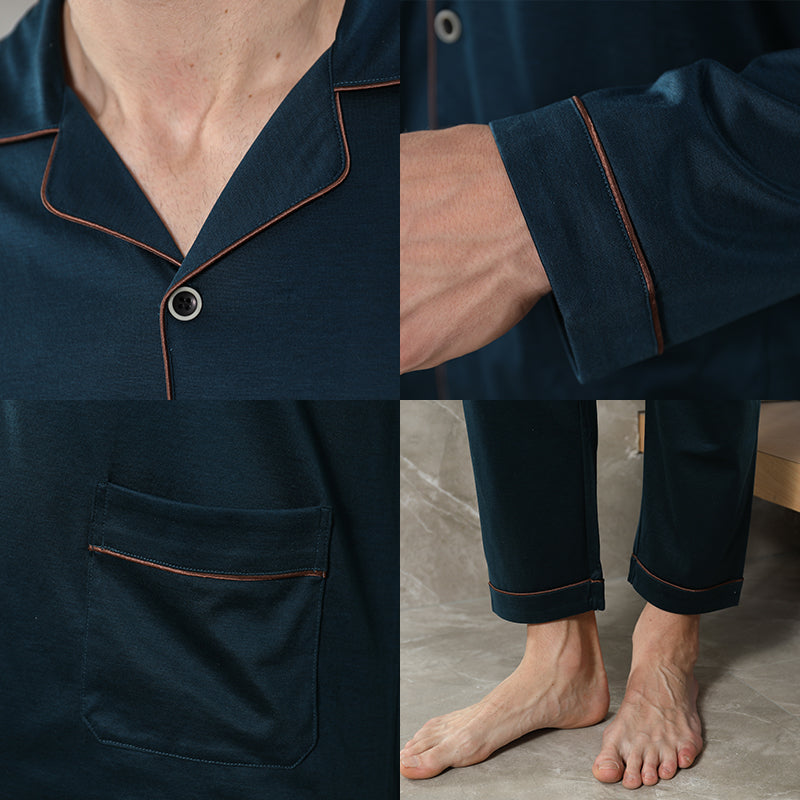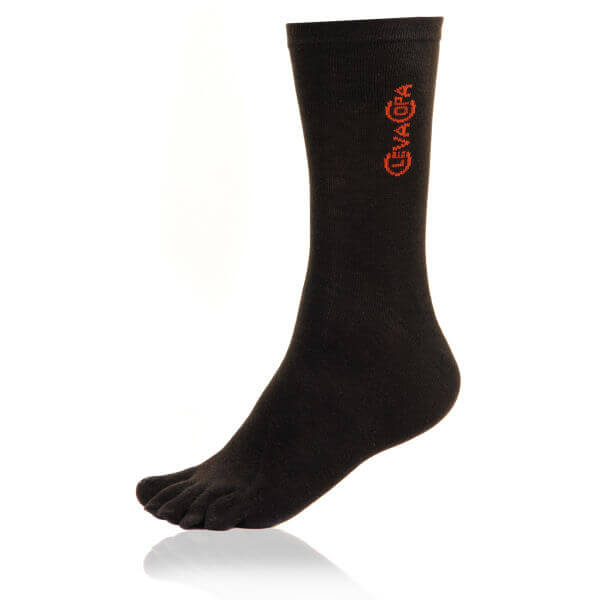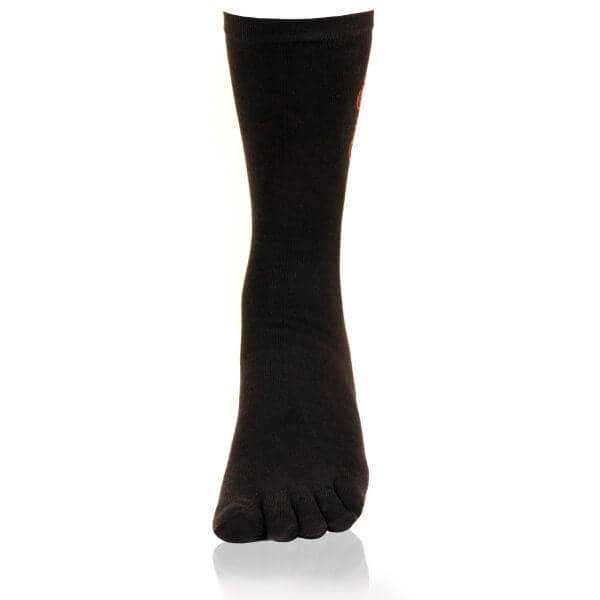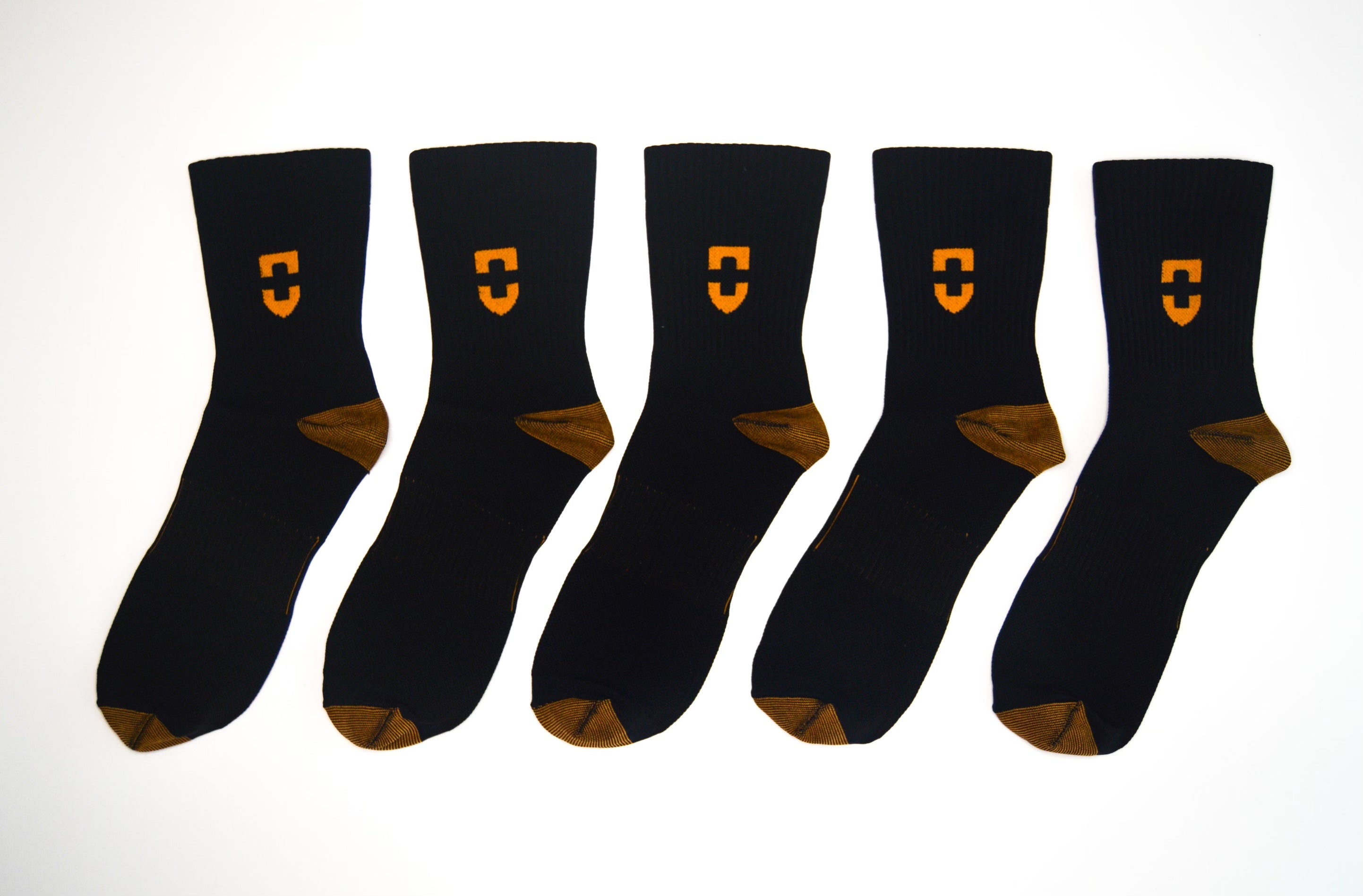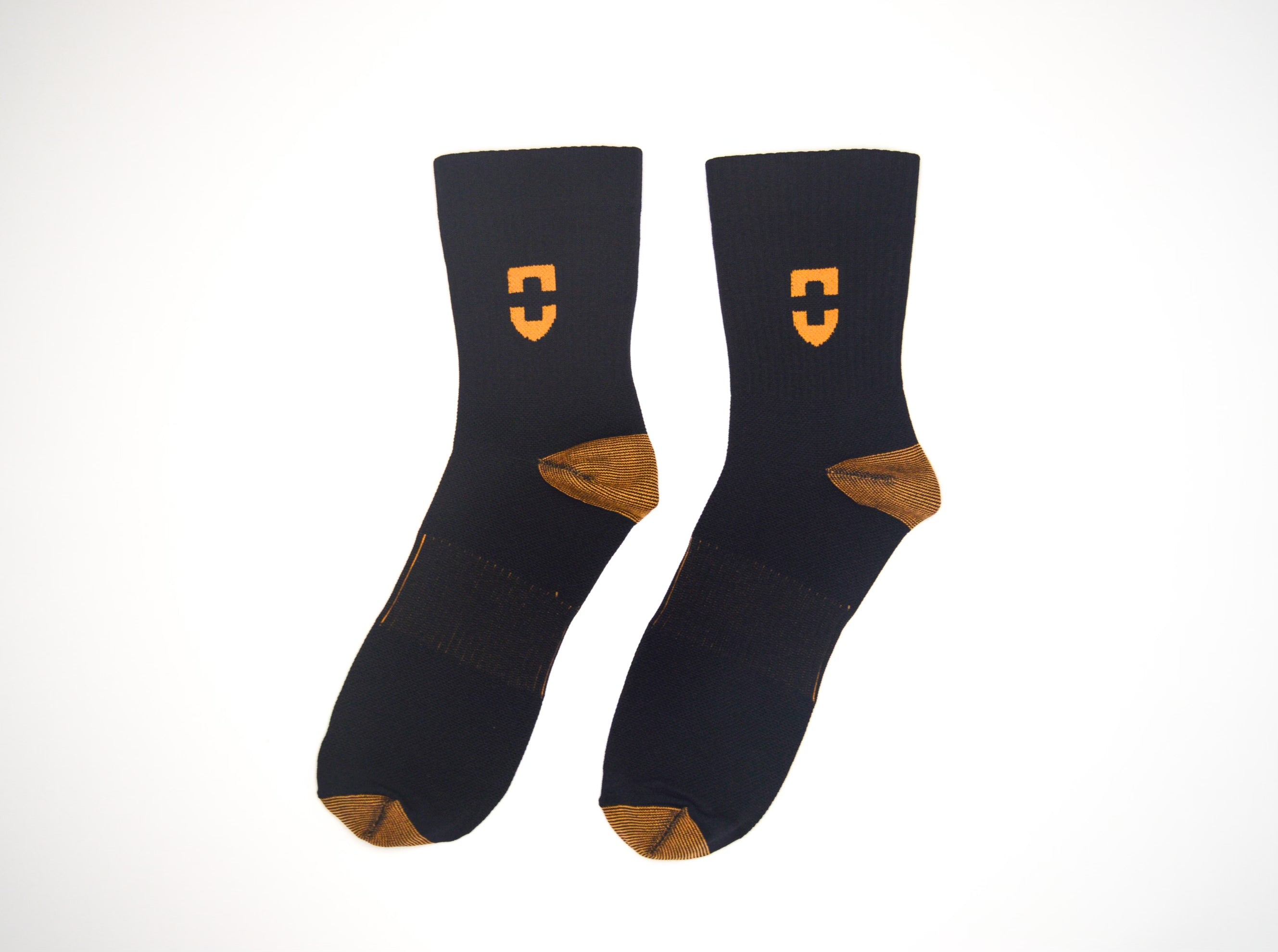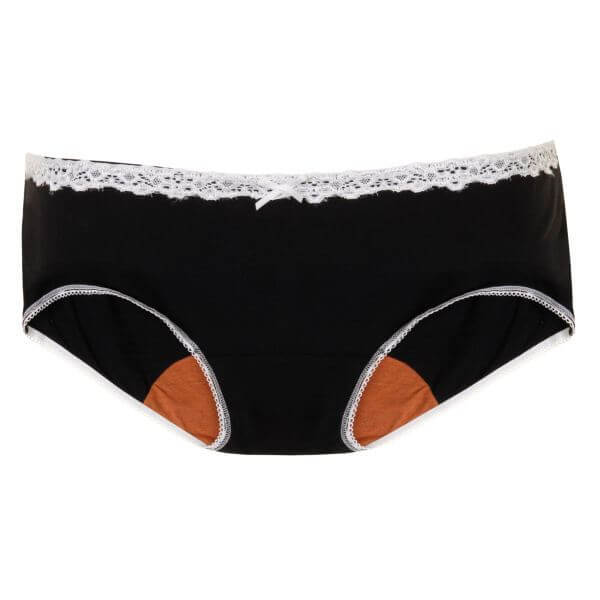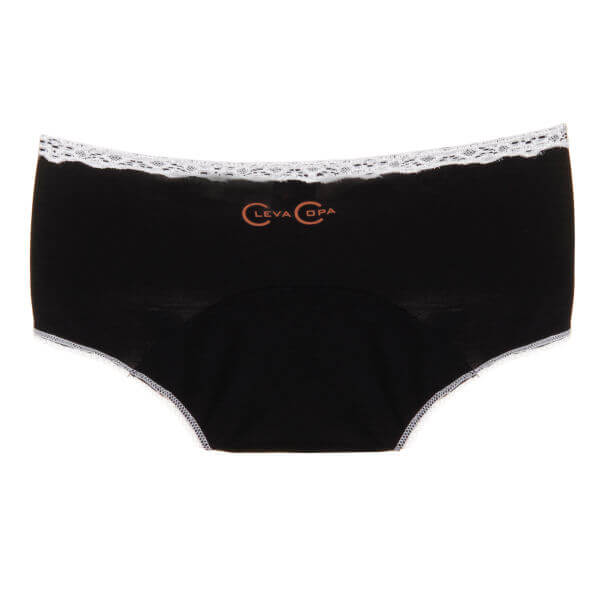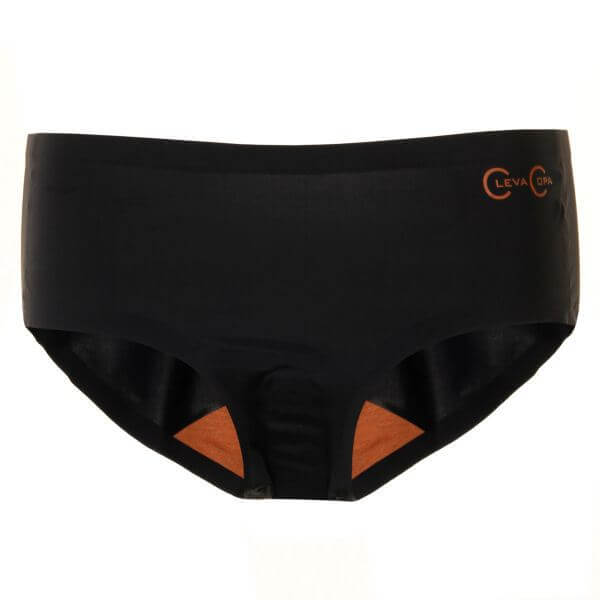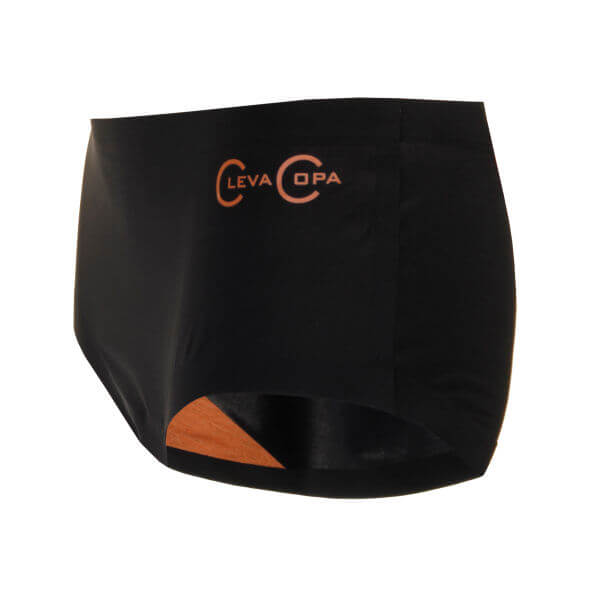How to Stop Towels from Shedding
Published
June 28 2024
There's nothing quite like the comfort of wrapping yourself in a fresh, new towel after a shower. But this small luxury can quickly turn into a nuisance when your new towels start shedding fibres everywhere. This common problem can leave you dealing with a messy bathroom and a less-than-pleasant drying experience. Fortunately, there are effective ways to stop new towels from shedding and keep them looking and feeling their best.
In this blog, we'll share tried-and-true methods to help you tackle towel shedding so you can enjoy the plush, absorbent towels you deserve without the hassle of loose fibres.
What is Shedding or Moulting?
Towel shedding, also known as towel moulting, refers to the phenomenon where new towels release small fibres or lint, especially during the first few uses or washes. This happens because, during the manufacturing process, towels are often made with long, fluffy loops of fabric (typically cotton) that can easily become detached and end up as loose fibres.
There are several reasons why your towels might be shedding. Firstly, loose fibres from the manufacturing process can lead to shedding. These fibres can easily become dislodged during washing and drying. Typically, new towels shed more than old ones because they release excess fibres that weren't fully removed during production. These threads usually come loose during the first few uses. If your towels begin to shed after some time, this could indicate an issue with how they are being cared for. The fibres may be getting damaged inadvertently.
Another reason for shedding is overwashing and exposure to harsh chemicals like chlorine and fabric softeners, which can weaken the fibres and cause them to fall out. Lastly, lower-quality towels are more prone to shedding compared to higher-quality ones due to differences in their manufacturing. Towels made with shorter fibres or of lower quality tend to shed more. Therefore, investing in high-quality towels can help reduce shedding.
How to Stop New Towels from Shedding
Shedding from new towels can be extremely inconvenient and irritating. But the good news is that there are several tips on how to stop towels from shedding. Today, we will discuss these tips in detail, and further, we have divided these useful tips and segregated them into tips to stop new towels and old towels from shedding. Keep reading to know more.
New towels shed before usage, and we know it can be a frustrating experience. Here are some tips on how to stop towel fluff in new towels:
-
Wash Before Usage
Before using your towels for the first time, it's important to wash them. This helps eliminate excess fibres that lead to shedding and ensures your towels are fresh, clean, and hygienic from the start. Additionally, washing removes any residual dye or chemicals. Just remember to keep new coloured towels separate from your whites to avoid any colour transfer!
-
Freeze Before Using
There are several methods to prevent towels from shedding, but the simplest solution is to freeze them before washing and drying. Freezing helps by stiffening the loose fibres and fluff, reducing the likelihood of shedding during use. This technique is especially beneficial for new towels, which tend to have more fluff.
-
Use No-Heat Dryer
To set the coating, avoid using high heat. Opt for a no-heat or low-heat setting, such as the air fluff cycle. Begin by shaking the towels vigorously to remove as much lint as possible. Then, place them in the dryer and run it. Ensure the lint trap is thoroughly cleaned before starting. After the cycle, clean the lint trap again and shake the towels once more. If lint remains, repeat the process. Always use a no-heat setting if feasible. Avoid using dryer sheets, as they can add an additional coating to the towels.
-
Be Cautious of Fabric Conditioners
You might want to avoid using fabric conditioners when washing your laundry. These conditioners can cause towels to shed because their chemicals coat the fibres, reducing their ability to absorb water effectively. Consequently, your towels become less absorbent and more prone to shedding. Even though fabric conditioners can make your towels feel softer and smell pleasant, it’s advisable to stop using them or at least reduce the amount you use if you notice your towels shedding.
-
Soak in Cold Water
Another way to stop new towels from shedding is by soaking them in cold water before washing and drying them, though this may be slightly less effective compared to freezing the towels initially. Alternatively, you can use hot water for the presoak, dissolving baking soda, vinegar, or salt in it. Let the towels soak in this solution prior to washing and drying.
-
Use Baking Soda and White Vinegar
Pre-soaking your towels before washing can significantly reduce shedding. To do this, immerse them in hot water mixed with vinegar, baking soda, and salt. Let the towels soak in this solution prior to washing and drying them.
If pre-soaking isn’t convenient for you, simply adding vinegar to the wash cycle can also be effective. Pour half a cup of distilled white vinegar into the rinse cycle when washing towels to help set the fibres and minimise shedding. Alternatively, if you don't have vinegar available, adding a teaspoon of baking soda to the wash can provide similar results.
Why does this method work? New towels often contain excess dye and loose fibres that contribute to shedding. Washing them with white vinegar helps to stabilise the dye in the fabric, preventing colour bleeding and reducing the number of loose fibres.
How to Stop Old Towels from Shedding
The problem of shedding isn’t limited to new towels only. Even your old towels can produce lint, which can be inconvenient. Here are some tips to stop your old towels from shedding:
-
Take Help of a Lint Roller
Using a lint roller is an easy method to remove the small fuzz and pilling that can accumulate on towels over time. However, this process is time-consuming and needs to be done frequently to maintain its effectiveness.
-
Wash Towels Separately from Other Clothes
It's advisable to wash your towels separately from other clothing and linens if you aren't doing so already. This practice can help reduce wear and tear, minimising shedding and pilling.
-
Avoid Using Dryer
Likewise, reducing dryer usage is essential for preventing the gradual deterioration of towels, which can result in shedding. For instance, if you typically place damp but clean towels in the dryer, it might be more beneficial to let them air dry instead, reserving the dryer for use only after washing.
-
Replace Your Old Towels
One of the most straightforward solutions to tackle the shedding problem in older towels is to replace them as soon as they start showing signs of wear and tear. Over time, all linens, including towels, lose their durability and cannot endure the same level of use they once could.
If you are considering replacing your old towels, take a look at Copper Clothing’s Bath and Gym Towels that are infused with copper ions, using the most advanced technology to protect you from infection-causing microorganisms. Our copper-integrated towels contain anti-viral, anti-fungal, and anti-bacterial properties that can destroy microorganisms upon contact, saving you from infections.
Optimum Towel Washing Routine Tips
-
How Often Should You Wash Your Towels?
You don't need to wash your home towels daily, so how often should you wash your towels? The washing frequency varies depending on the type. Hand towels and bath towels, for instance, should be laundered every few days since they accumulate dirt and grime. Washcloths, on the other hand, should be cleaned after each use due to their direct contact with your face or body. For gym or sports towels, it's essential to wash them after every use.
-
Should You Use Dryer Sheets and Fabric Softener?
If you're looking to maintain the softness of your towels, you might be tempted to use fabric softeners or dryer sheets. However, these products can lead to residue buildup over time, ultimately diminishing the towel’s absorbency. A better approach is to add a small amount of vinegar to your wash cycle. Vinegar effectively breaks down soap residue and prevents buildup. Additionally, consider using wool dryer balls instead of dryer sheets for a natural softening alternative.
Bottom Line
Preventing new towels from shedding is a matter of understanding the fabric and taking the right steps to care for them. Implementing these simple yet effective strategies will ensure your towels remain fluffy, absorbent, and free from pesky lint, making your post-shower experience much more enjoyable.
FAQs:
-
Why do new towels shed?
New towels tend to shed due to loose fibres that become trapped during manufacturing. This shedding is a typical occurrence and can be considered a 'break-in' period for the towels.
-
How often should you wash your towels?
To maintain hygiene and effectiveness, bath towels should be washed after every 3-4 uses, while hand towels need more frequent laundering. Regular washing eliminates accumulated body oils and sweat, preserving their absorbency and minimising lint production.
-
How do you care for already-pilling towels?
Here’s how you can take care of an already pilling towel:
- Use a pilling brush on the towel.
- Don’t use much fabric softener, just half a cap is enough.
- Vacuum with a good vacuum nozzle.
- Clean the lint filter in your machine and dry your pilling towels.
- Don’t pull loops from the towel, snip them with scissors instead.
-
What is the best way to wash towels?
To enhance the efficiency of towel washing, start by washing new towels before their first use. Wash towels separately from other laundry, use the appropriate amount of detergent, select hot water for most towels (or warm/cool for more delicate fabrics), and ensure they are thoroughly dried to prevent mildew formation.
-
What are the rules for washing towels?
DOs:
- Washing before every use
- Drying towels properly
- Using the appropriate amount of detergent
DON'T'S:
- Avoid using fabric softener
- Don’t wash towels with other clothes
- Eliminate the use of bleach
- Don’t overload the washing machine when washing towels
-
What happens if you don’t wash towels?
Neglecting to wash towels can result in foul smells, mould, and bacterial proliferation. Consistent laundering of towels is crucial for preserving their cleanliness, freshness, and overall hygiene.











